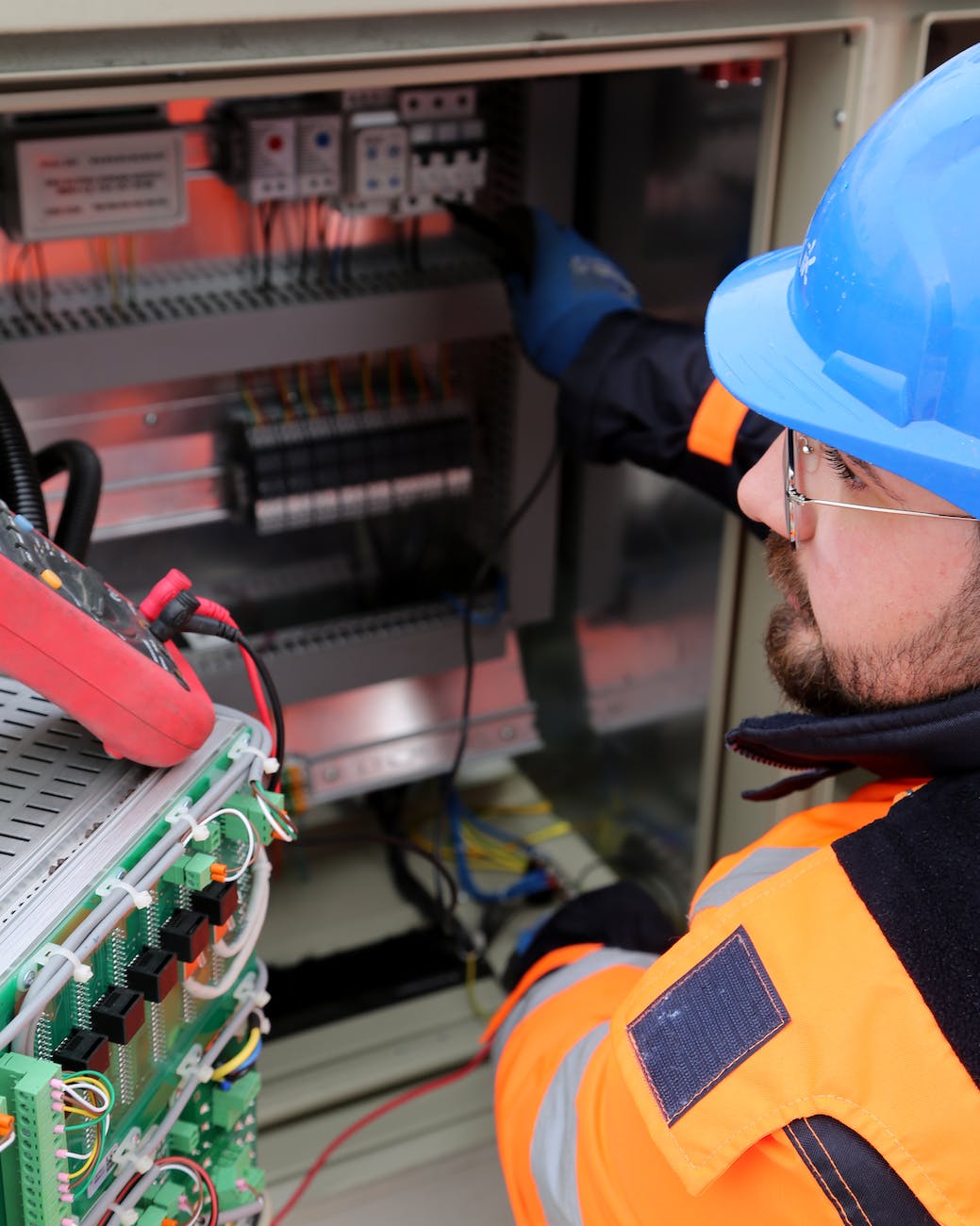
Electrical Safety Quiz: Test Your Safety Knowledge
Electrical Safety Quiz : Electrical safety is a critical aspect of modern life. From our homes to workplaces, we rely heavily on electricity for various tasks. However, it’s essential to understand the potential risks and safety measures associated with electrical systems. This article presents an engaging Electrical Safety Quiz that will help you test your knowledge and awareness of electrical safety practices. Let’s dive into the quiz and learn how well-prepared you are to deal with electrical hazards.
1. Introduction
Electrical Safety is not just a topic for electricians; it’s a concern for everyone. Whether at home, work, or play, a solid understanding of electrical safety can prevent accidents, injuries, and even fatalities.
2. Why Electrical Safety Matters
Understanding why electrical safety matters is the first step to safeguarding yourself and those around you. Electric shocks can cause severe injuries, while faulty wiring can lead to fires that endanger lives and property.
3. The Basics of Electrical Hazards
Learn about the fundamental types of electrical hazards, including electrical shock, electrocution, and arc flashes. Discover the factors that contribute to these hazards and how to identify potential risks.
4. Common Electrical Safety Mistakes to Avoid
Explore some of the most common mistakes people make regarding electrical safety. From overloading outlets to using damaged cords, we’ll help you steer clear of these dangerous errors.
5. Know Your Electrical Circuits
Dive into the world of electrical circuits. Understand the difference between series and parallel circuits and how circuit breakers and fuses play a crucial role in preventing overloads.
6. Importance of Grounding and Wiring
Learn about grounding and its significance in electrical safety. Explore proper wiring techniques to minimize the risk of short circuits and electrical fires.
7. Electrical Fire Prevention
Discover practical tips to prevent electrical fires, such as using the right wattage bulbs, avoiding flammable materials near outlets, and having a fire extinguisher on hand.
8. Protecting Yourself Outdoors
Outdoor electrical safety is just as important as indoor safety. Learn how to use outdoor outlets safely, especially in wet conditions, and understand the risks of overhead power lines.
9. Safety Measures for Appliances
Appliances are an integral part of modern living, but they can pose electrical risks if not handled correctly. Find out how to use and maintain appliances safely.
10. Working with Extension Cords
Extension cords are convenient but can be hazardous if misused. Get tips on selecting the right extension cord, using it properly, and avoiding common pitfalls.
11. Childproofing and Electrical Safety
If you have children, childproofing your home’s electrical outlets is essential. Learn how to secure outlets and cords to prevent accidents involving curious little hands.
12. Electrical Safety in the Workplace
Workplace safety is paramount. Understand the regulations and precautions needed to create a safe electrical environment for employees and colleagues.
13. Emergency Responses to Electrical Accidents
Accidents can happen despite all precautions. Know how to respond in case of an electrical accident, including administering CPR and calling for help.
14. Regular Electrical Maintenance
Maintenance is key to preventing electrical hazards. Learn how regular checks and proper care can keep your electrical systems in top condition.
15. Conclusion
In conclusion, electrical safety is a shared responsibility. By taking this quiz and implementing the knowledge you’ve gained, you can contribute to a safer environment for yourself and those around you.
FAQs (Frequently Asked Questions)
- What should I do if I experience an electrical shock? If you experience an electrical shock, it’s crucial to seek medical attention immediately, even if the shock seems minor.
- Is it safe to overload power outlets temporarily? No, overloading power outlets can lead to overheating, fires, and other hazards. It’s best to use power strips or extension cords when additional outlets are needed.
- Can I use water to put out an electrical fire? Water conducts electricity and should never be used to extinguish an electrical fire. Use a fire extinguisher specifically designed for electrical fires or call the fire department.
- How often should I have my home’s electrical system inspected? It’s recommended to have your home’s electrical system inspected by a professional every 3 to 5 years to ensure its safety and functionality.
- Is it necessary to unplug appliances when not in use? Unplugging appliances when not in use not only saves energy but also reduces the risk of electrical hazards like short circuits and fires.
Workplace Safety Quiz: Test Your Safety Knowledge
Work at Height Safety Quiz – Test Your Safety Knowledge
Crane Safety Quiz – Test Your Safety Knowledge
Confined Space Safety Quiz – Test Your Safety Knowledge
























